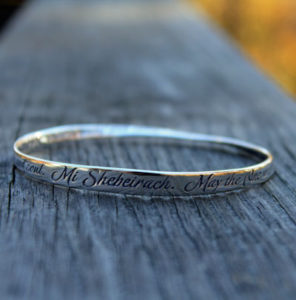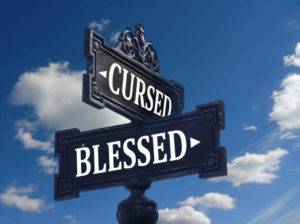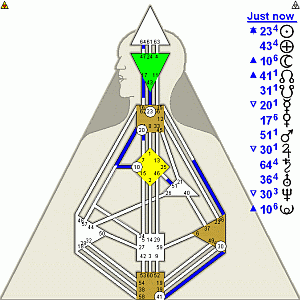 How do I forgive? I am supposed to use the month of Elul to prepare for Rosh Hashanah. It is a time of introspection, to reflect on how I can improve in the year to come by looking at where I went astray in the year past. I need to seek forgiveness from God as I bare my soul. But our tradition teaches I cannot ask God for forgiveness until I have sincerely attempted to reconcile with my fellows. It all starts and ends with me.
How do I forgive? I am supposed to use the month of Elul to prepare for Rosh Hashanah. It is a time of introspection, to reflect on how I can improve in the year to come by looking at where I went astray in the year past. I need to seek forgiveness from God as I bare my soul. But our tradition teaches I cannot ask God for forgiveness until I have sincerely attempted to reconcile with my fellows. It all starts and ends with me.
Who among us does not deserve an apology from someone who has treated us improperly? But am I ready to welcome that apology if it comes? And if it does not come, am I prepared to reach out and help those who do not know how to ask for forgiveness and how would I do that? It is very hard to rise above my pain and hurt to embrace the humanity in the other.
And what about those whom I have wronged? Can I find it in myself to be contrite and ask forgiveness from them? Pride and principle often get in the way, blocking what could otherwise be a caring relationship. Even when I sincerely believe I am right, standing on principle creates an impasse. Then I must consider whether it is more important to be right or to be the one who can reach out and embrace someone I care about.
Finally and very importantly is forgiving myself. I look inside and see my shortcomings, the places where I did not do as I hoped I would, the places where I am shackled by guilt, immobilized by my personal sense of shame or deficiencies. I am the victim of the harshest critic of all, me. What can I do to finally say I am sorry; I forgive me so I can finally begin to heal from my wounds and move forward, not place a bandage over them. Keeping them locked inside only chains me to a past filled with hurt.
Sins and transgressions are big and small. Whichever they are, my inability to move beyond them and sit in judgment places barriers between us. They estrange me from those I love locking me into a narrow place. If I can move beyond the pain and hurt, however, forgiveness can be a transformative experience. It is quite difficult but when I truly forgive, a great weight is lifted from me. Barriers that once separated fall and I can reunite with those who had become distant whether it is another I love or the child within. If I can temper “din” (judgment) with “rachamim” (mercy), then I am acting in a more Godly, selfless way. And perhaps it is through these acts of human forgiveness I might attain forgiveness from the Eternal One.
Perhaps the first step on this path is through our traditional MiShebeyrach prayer for healing. May the one who blessed our fathers and our mothers bless those in need of healing with a refuah shlemah, a restoration of completeness. I will speak the words for them and for me too.
May this be a year of health, wholeness, and healing for us all~
L’Shana Tova!



